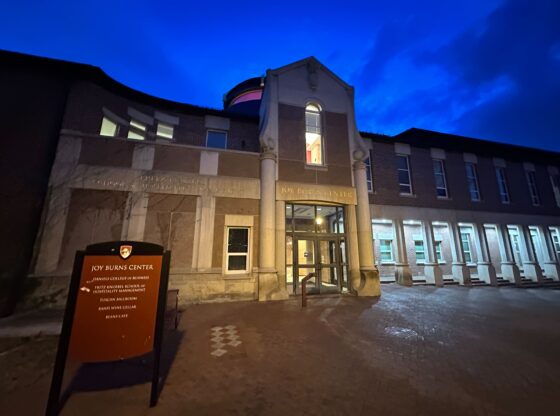For decades, affirmative action served as a tool to level the playing field for students of color who have been excluded from elite institutions like law schools. However, with recent legal shifts and policy changes, many law schools are experiencing a decline in the enrollment of students from marginalized communities.
According to a report by the “Yale Daily News,” Yale’s law school is already seeing this change firsthand with a noticeable decrease in diversity since the restrictions on affirmative action were established.
The immediate impact of these changes is clear — many students of color are facing additional challenges in securing a place at top institutions. The removal of affirmative action has not only made the admissions process difficult, but it has also contributed to a sense of exclusion for these students.
For many, affirmative action was more than just a policy — it was something that helped many overcome structural barriers in order to access higher education. Without it, pathways to these institutions feel narrower and, to some, even impossible to move through.
An even bigger decline in diversity could have immense implications for the legal field since it is a field that thrives on diverse perspectives. A less diverse student body means less understanding of the different needs and challenges faced by people of color.
Affirmative action was an acknowledgment of the systemic inequalities that continue to shape many educational journeys. The absence of prior, race-conscious policies threatens to reinforce existing disparities, making it even more difficult for underrepresented groups to gain a foothold in fields like law.
But, while the situation is dire, it is not without hope.
Institutions now have a responsibility to create new pathways and find innovative ways to reach students from marginalized communities. This could mean expanding outreach programs or even revisiting admissions practices that take into account the many layers that shape a student’s journey to law school.
The rollback of affirmative action represents a significant turning point for law schools and for the legal profession as a whole. The legal profession risks becoming more disconnected from the diverse communities it is meant to serve. For students of color, the path to higher education has become more challenging, but with the right interventions, it is not impassable.
The progress made over decades cannot be undone overnight. While the removal of affirmative action is a setback, years of progress have shown that with determination and effort, the path forward can still be widened.








